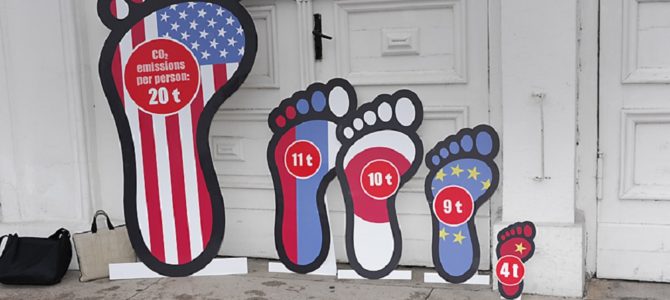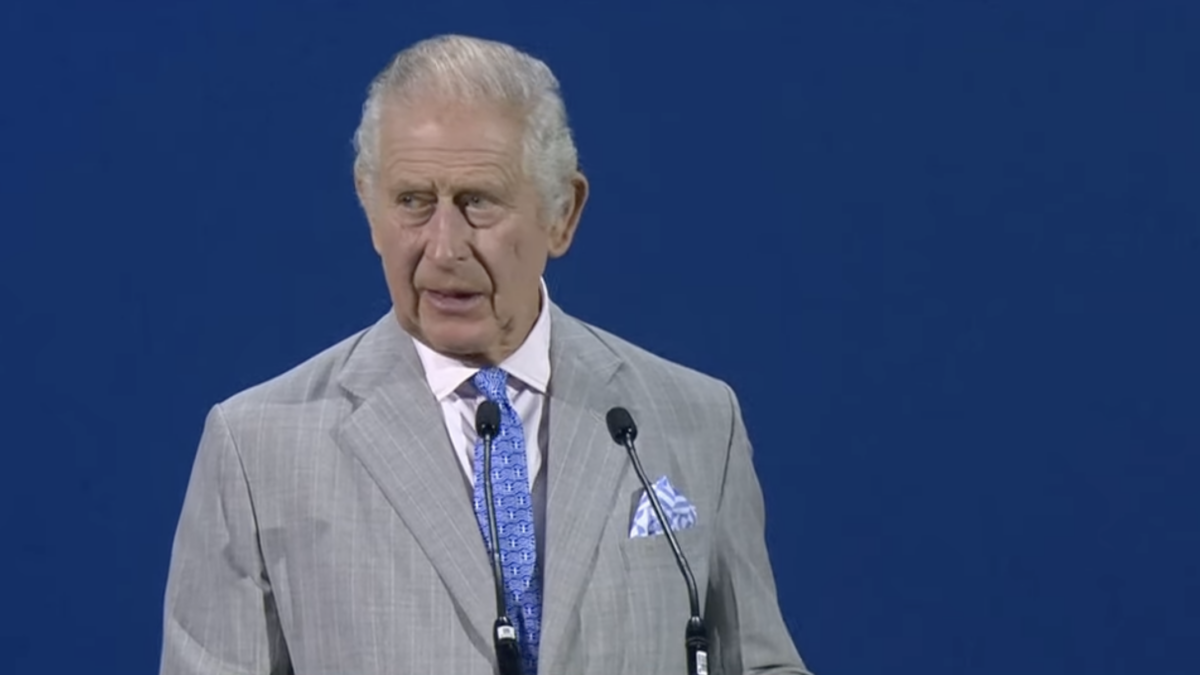For everyone who likes to fly on airplanes or drive cars but feels guilty about the carbon footprint, there is a lovely way to assuage your guilt without making any actual lifestyle changes: buying carbon credits. Many companies are selling such credits to consumers, with the vague promise of offsetting your carbon footprint. However, no one can actionably explain how paying to offset your carbon footprint actually counters the alleged extreme harm caused by everyday life.
Nevertheless, one of the first things on many of these businesses’ websites is asking for money, either through purchasing a carbon credit or a donation. In looking closely at the companies that sell carbon credits, it becomes clear they have found a clever way to profit off guilt over climate change.
One such company, Cool Effect, solicits $129.98 right off the bat when you click on their website, to offset a year’s worth of carbon usage. They offer various projects where your money can go, with different dollar amounts per tonne of carbon. These include building a bird sanctuary, planting trees, creating clean cookstoves in various countries by building a machine that turns natural expulsion of methane into energy (which they assure you is not fracking). All of these projects are worthwhile endeavors, but none reduce anyone’s carbon expulsion.
Another carbon credit provider, Terrapass, eases into the sell, opening with advice on how individuals and companies could reduce their carbon footprints. They also offer a simplified explanation of climate change, centered heavily around the importance of carbon credits. Unsurprisingly, all webpages lead quickly to their sale of carbon credits.
Terrapass is more expensive than the aforementioned Cool Effect, asking for $179.64 for a year’s worth of carbon. Terrapass also claims to use the proceeds from its carbon credits to fund environmentally friendly projects, choosing to focus primarily on clean energy such as wind farms, landfill gas, and naturally occurring methane expulsions.
WGL Energy is an interesting provider of carbon credits, as they are primarily an energy company, selling energy and natural gas alongside carbon offsets. Their energy is marketed as sourcing a portion from wind power in order to keep customers’ costs low. WGL will also sell you carbon credits to offset the “unclean” energy and natural gas they just sold you.
Overall, it is very clear that carbon credits do nothing to reduce the purchaser’s carbon footprint. Instead, they just assuage the consumer’s guilt. If you want to donate to organizations promoting conservation, or invest in clean energy, these are worthwhile pursuits. However, these companies and their many competitors are not actually countering their customers’ carbon, because no less carbon is being emitted through buying a credit.









